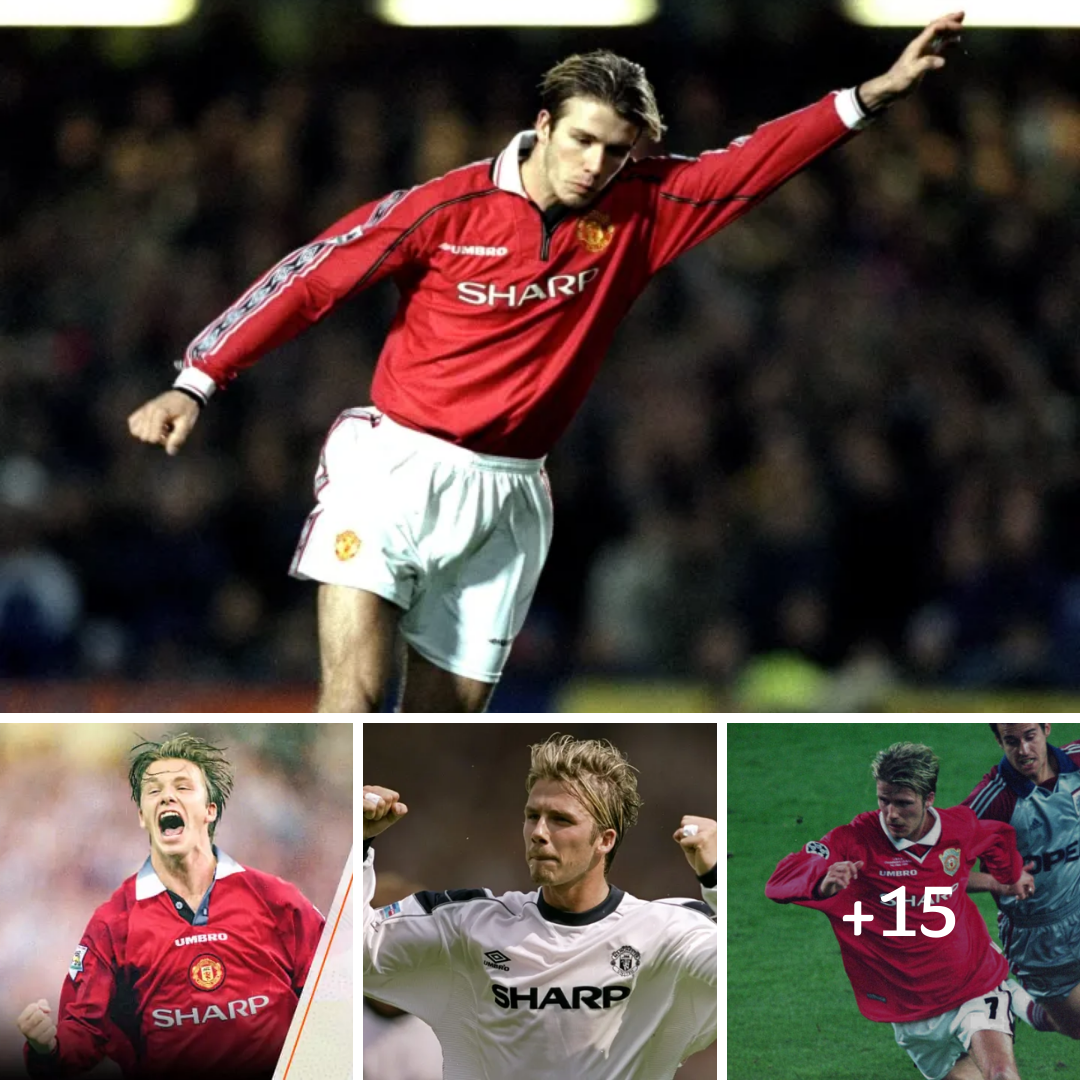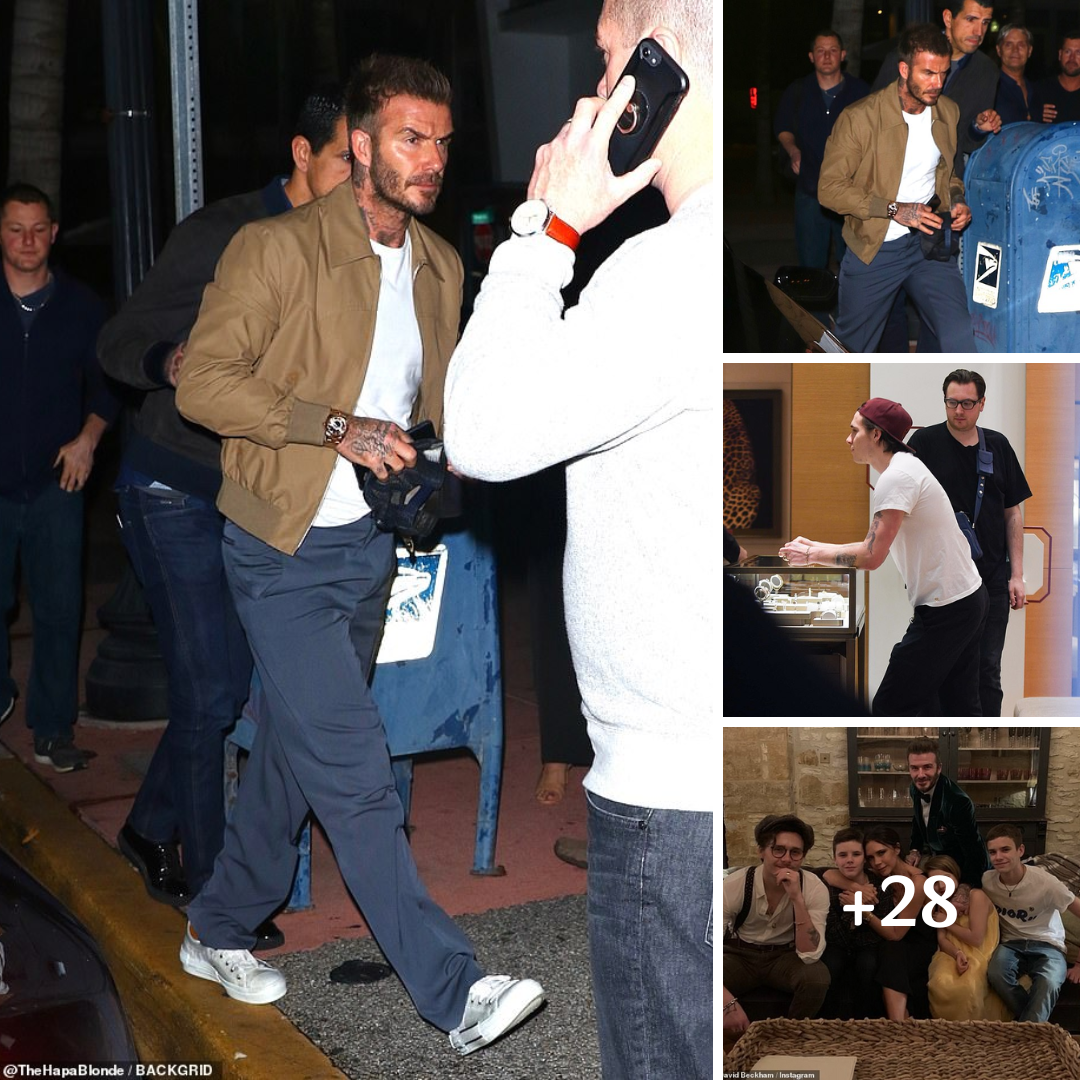David Beckham: The Celebrity Footballer Who Never Shied Away From Hard Work
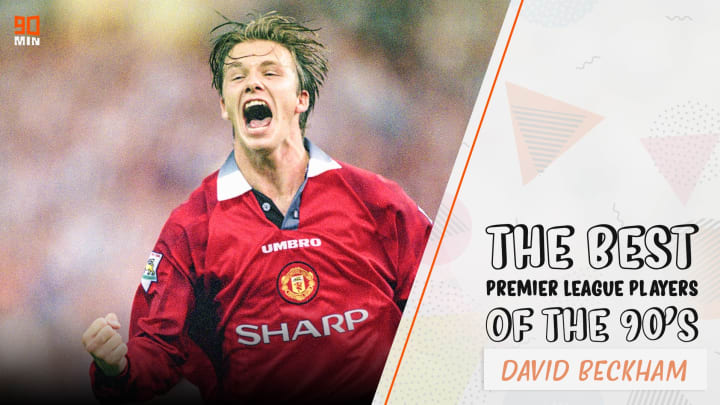
It is easy to get lost in the notion that David Beckham was a celebrity first and a footballer second. Where other players had been household names in their own country or were internationally in the football community, Beckham was arguably the first global celebrity footballer.
But the reality is that his fame wouldn’t have spanned every corner of the globe had he not been incredibly talented on the pitch in the first place.
Beckham was scouted by Manchester United as a schoolboy after shining at youth level in and around his native north London. His recruitment was part of the club’s general drive under the leadership of Alex Ferguson in the late 1980s to revolutionise the academy ranks.
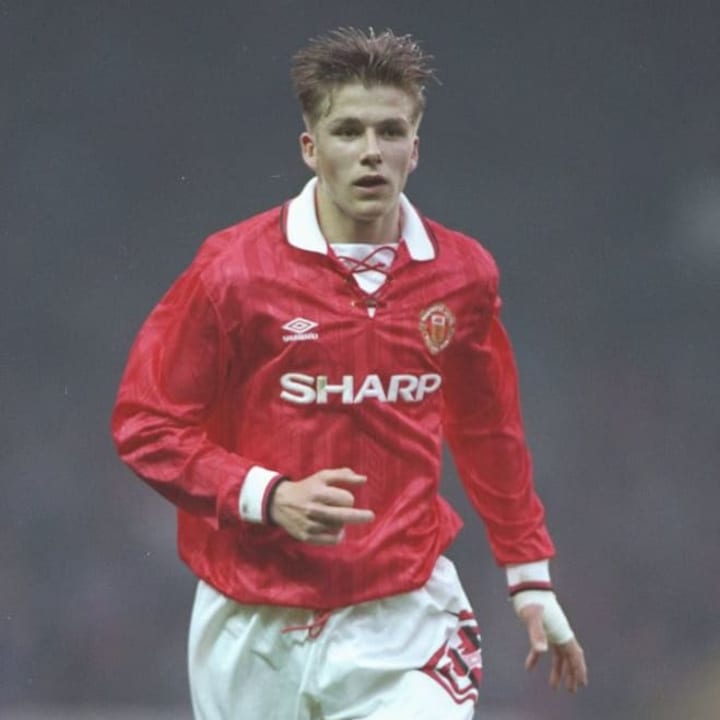
When he moved to Manchester full-time upon leaving school in the capital, Beckham joined the likes of Gary Neville, Paul Scholes and Nicky Butt as an apprentice – Ryan Giggs was in the year group above. The youngsters were taken under the wing of coach Eric Harrison, who was as famed for his hardened character building as much as he was for his football.
Hard work and respect was drilled into Beckham and his young teammates from the age of 16 and it stuck with them throughout their career. It is no coincidence that Beckham and Scholes played until 38 and Giggs beyond 40. Neville would have too had injuries not defined his early 30s.
Beckham was proof that hard work, dedication and, above all, practice could produce a world class footballer. He was not a naturally gifted athlete or outstandingly skilful, yet his fitness and work ethic were second to none. The stories of him hanging a tyre over the corner of the goal after team sessions so he could stay behind and practice free-kicks are legendary.
In his 2013 book titled David Beckham, he recalled how he worked at it even long before he joined United: “I must have taken tens of thousands, maybe hundreds of thousands [of free kicks].
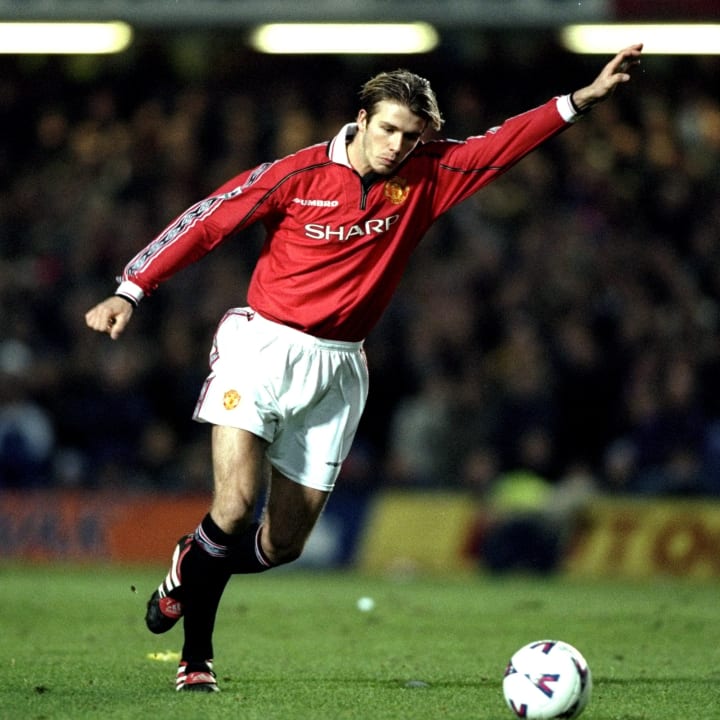
“I would go to the local park, place the ball on the ground and aim at the wire meshing over the window of a small community hut. When my dad got home from work, we would go over to the goalposts together. He would stand between me and the goal, forcing me to bend the ball around him.”
Coupled with football intelligence and vision, the skills that he honed on the training pitch ensured that Beckham soon carved out a place as one of the best players in England before he was 22.
His passing and crossing were both exceptional, while his free-kicks and ability to prolifically score from dead-ball situations were like nothing that English football had seen before. The body swerve as he struck the ball was iconic and the bend he put on the ball raised the bar across the world.
He was genuinely a master of his craft thanks to all those hours practicing.
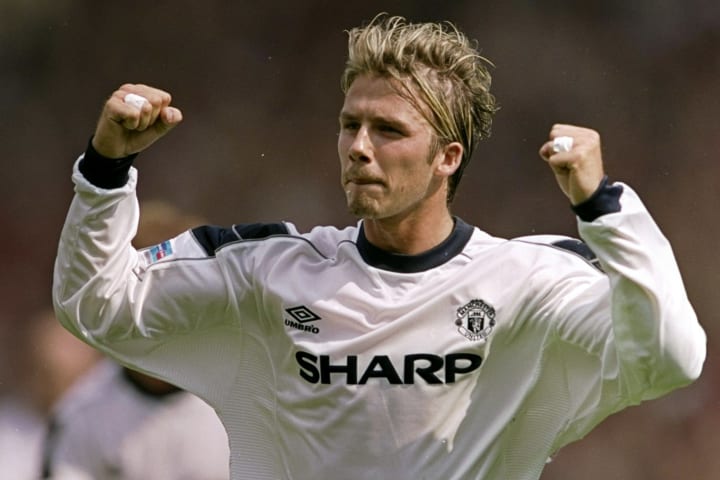
Throughout his career, Beckham was rarely injured either. From the point where he became a regular first-teamer with United in 1995, he hardly missed a game until he left the club to join the Galacticos revolution at Real Madrid eight years later – a broken foot as a result of a savage tackle from Deportivo La Coruna’s Aldo Duscher in 2002 was his only notable absence.
As well as regular assists from his fine crossing, Beckham would always chip in with goals. In eight seasons with United, he managed double figures himself on four occasions and never failed to get at least eight every campaign. Such goals from midfield are what the club has lacked in recent years.
Similarly, his attitude and that of his teammates defined the late 1990s for United. It was a side that refused to be beaten – even when 2-0 down to Juventus in the 1999 Champions League semi-final second leg, or losing in the final with only seconds remaining – and there were no passengers in any Ferguson side, despite modern day critics arguing various individuals were overrated.
Beckham was at his very best for United during the 1998/99 treble season, made all the more impressive by the way he rose above the vile abuse and venom that was flung his way from rival fans and the tabloid media over his red card at the World Cup the previous summer.
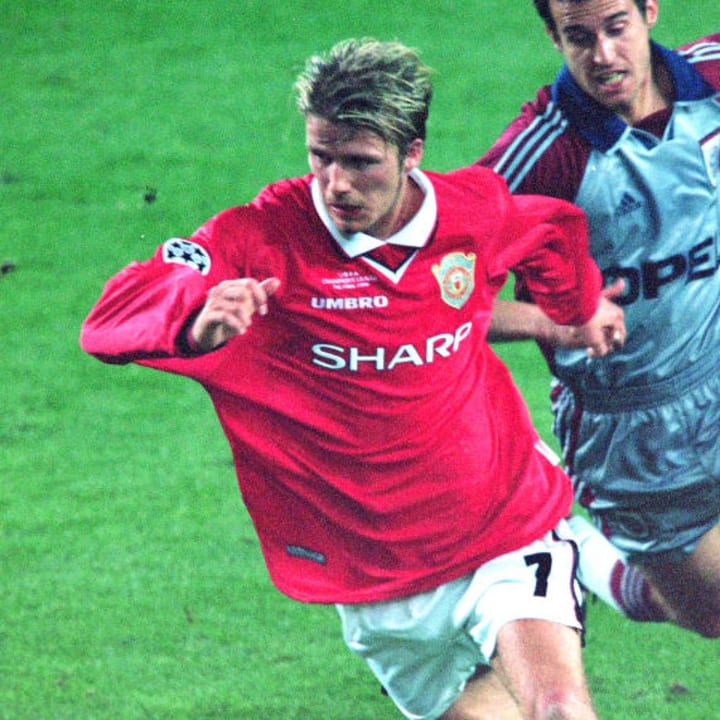
In 1999, only Barcelona superstar Rivaldo beat him to the Ballon d’Or, making Beckham the highest ranking Englishman for the annual prize since Gary Lineker 13 years earlier.
By the time Beckham left English football in 2003 to begin a globetrotting adventure, he had won six Premier League titles in eight seasons and was a central figure each time. He led the Premier League in assists on three separate occasions was selected in four PFA Teams of the Year.
As England captain, that iconic game against Greece in 2001 is a perfect summary of Beckham the footballer. It wasn’t just that he scored the crucial free-kick to secure his country’s place at the World Cup, he was the best player on the pitch that day long before he stood over the dead ball, dragging his team with him throughout, fighting for every inch and never giving up.
It was the side of Beckham that people never gave him enough credit for, especially as his celebrity status grew as the 1990s became the 2000s. Today, his legacy in England and around the world is huge, both within football and away from the sport as well.
All of that started with a little boy practicing free-kicks in the local park.
